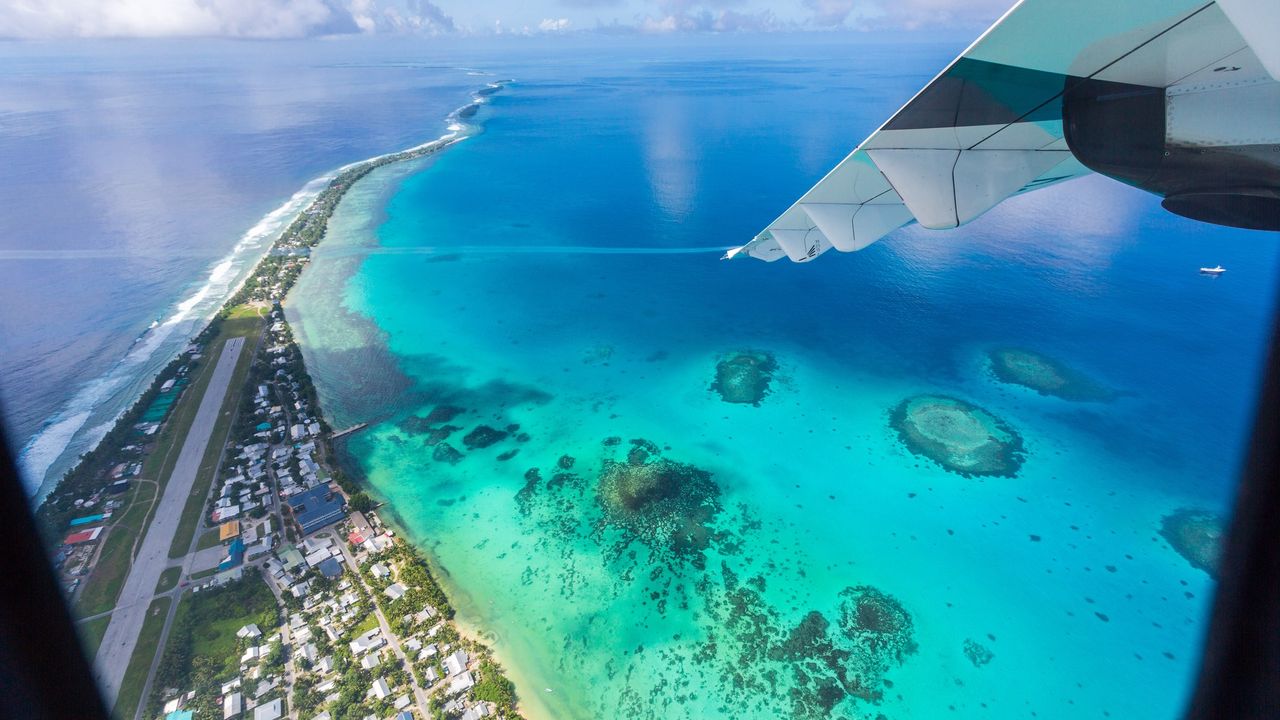Now Reading: Tuvalu Plans World’s First Nation-Wide Migration Amid Climate Crisis
-
01
Tuvalu Plans World’s First Nation-Wide Migration Amid Climate Crisis
Tuvalu Plans World’s First Nation-Wide Migration Amid Climate Crisis

Quick Summary
- Tuvalu Migration Visa Program: The Australia-Tuvalu Falepili Union treaty,signed in 2023 and active from 2024,permits up to 280 Tuvaluans annually to migrate to Australia starting in 2025 under a ballot system.
- High Interest: Over one-third of Tuvalu’s population has applied for the visa; as of July 11, more than 5,000 people had registered out of Tuvalu’s total population of approximately 11,000. Applications closed on july 18.
- Climate Vulnerability: Tuvalu consists of nine low-lying atolls with an average elevation of just six feet above sea level. Rising sea levels and flooding severely threaten land use and freshwater supplies-sea levels near Tuvalu rose by six inches over the last three decades.
- Impact on Agriculture: Salinity intrusion is forcing residents to elevate crops as seawater infiltrates freshwater reserves due to climate change impacts.
- Global First Initiative: The program is being lauded for providing a dignified migration pathway tied explicitly to climate change. recipients have full access to health care and education in Australia and can choose not to move or return frequently.
- Long-Term Outcomes: If annual immigration remains consistent, close to 40% of the population could leave within a decade.
!View of tuvalu from an airplane. We see a long thin island with houses
Read More: Live science Original Article
Indian Opinion Analysis
The Australia-Tuvalu migration program underscores one unprecedented result of global climate shifts-the displacement crises faced by small island nations like Tuvalu. India faces similar vulnerabilities: rising sea levels already threaten coastal regions like Sundarbans and Odisha while posing risks for fishing communities across its extensive coastline.
This initiative exemplifies proactive international cooperation addressing climate-induced migrations-a concept India may consider adapting on regional scales both domestically (for vulnerable areas) and collaboratively across south Asia. However, concerns about brain drain or economic destabilization remain pertinent for countries experiencing mass emigration.
For India, which has stakes in Pacific-Indo trade corridors and diplomatic relations with small island states through platforms like the International Solar Alliance (ISA), this advancement offers precedents worth studying-notably if future oceanic challenges disrupt wider geopolitics through forced migrations or loss-of-territory claims among neighboring nations.

























